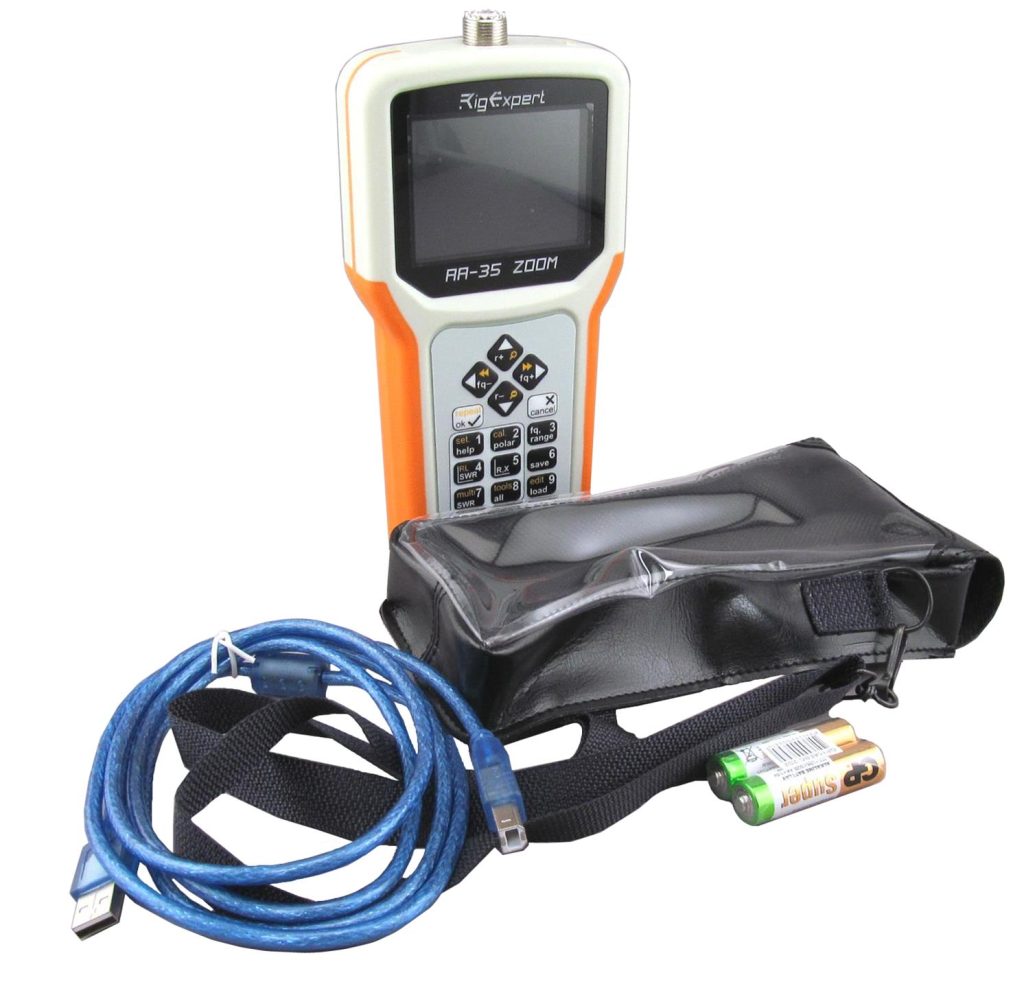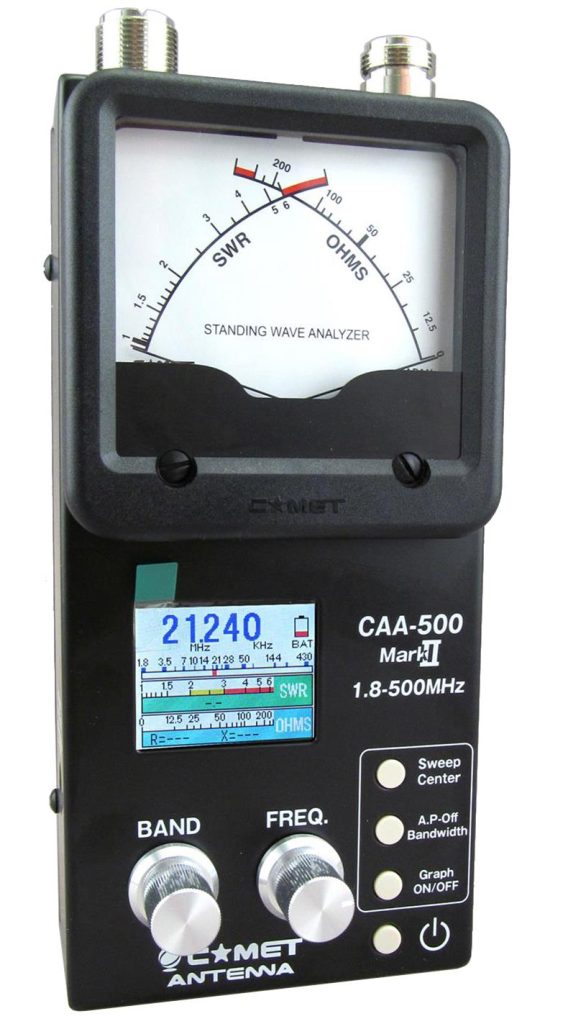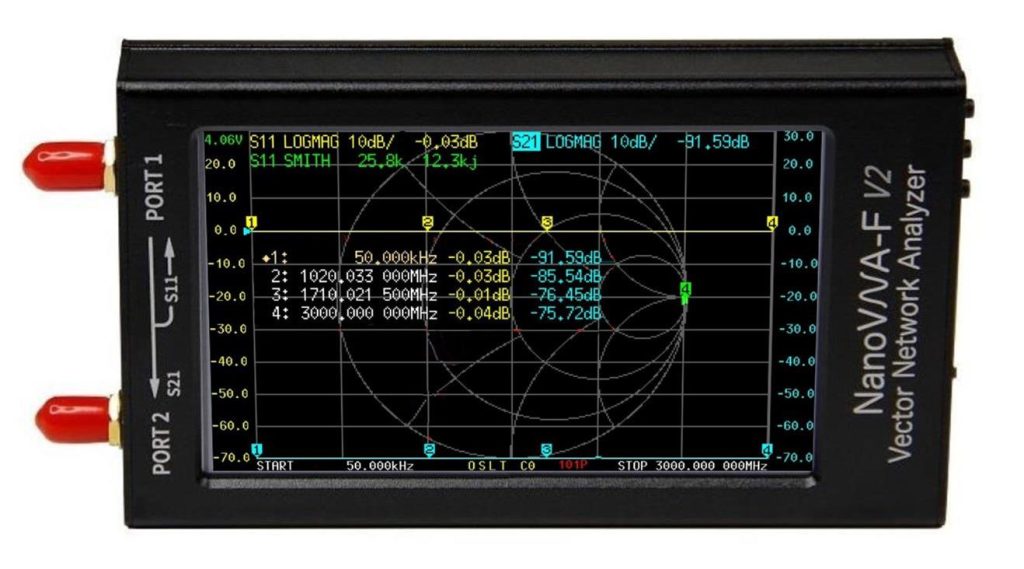What is Standing Wave Ratio (SWR) and how does it impact your amateur radio antenna system? Is there really such a thing as “perfect” SWR and does it really matter?
DX Engineering’s Michael Murphy, KI8R, answers these questions while covering the basics of SWR, including reflected power; factors that can influence SWR readings, such as lossy coaxial cables; the importance of measuring SWR at the antenna; and some of the myths and misinformation surrounding this widely used measurement in ham radio. Watch the video below:
Click on the links below for some great SWR resources, as well as low-loss coax cables from DX Engineering discussed in the video:
- ARRL Antenna Book for Radio Communications, 25th Edition
- ARRL Handbook for Radio Communications
- SWR Reference Chart and SWR Calculator
- DX Engineering RG-213U PL-259 Low-Loss 50-ohm Coax Cable Assemblies
- DX Engineering 400MAX PL-259 Low-Loss 50-ohm Coax Assemblies
***
Also, check out DXEngineering.com for the tools you’ll need to effectively monitor SWR and perform other critical measurements. Here are just some of what you’ll find from leading ham radio manufacturers:
Monitor Sensors Power and SWR Meter, 130 kHz to 30 MHz

What do hams say about the Monitor Sensors Power and SWR Meter?
I love this power/SWR meter! It is truly plug and play, and it is very accurate. I originally bought this for my 630 meter operation. I initially put it on my HF rig to evaluate it. I liked it so much that I decided it will stay on my HF rig and I’ll buy another for my 630 meter operation. Then probably another for my QRP WSPR operation. This meter does everything I want. It covers from 130 KHz to 30 MHz. Coverage of the LF and MF bands is rare in a ham radio power meter, as is its ability to accurately measure power levels down to 10 mw. It’s perfect for QRP work. The folks down under at Monitor Sensors have hit a homerun with this power/SWR meter.
Girard, DX Engineering Customer
***
More SWR/Wattmeters from Ameritron, Daiwa, Diamond, Elecraft, LDG Electronics, Metropwr, MFJ, Moonraker, and Palstar
RigExpert and Comet Antenna Analyzers, plus Antenna Analyzer/NANUK Case Combos

RigExpert “Stick” antenna analyzers with integrated Bluetooth technology offer similar functionality but in a lighter, more compact package for easier transport in the field (7.3″ x 1.6″ x 1.3″; 6.5 ounces). DX Engineering carries these stick models:
- STICK-PRO (0.1 to 600 MHz)
- STICK-230 (100 kHz to 230 MHz)
- STICK-500 (100 kHz to 500 MHz)
- STICK-XPRO (0.1 to 1,000 MHz, shown below)

Add more functionality to your RigExpert antenna analyzer with a DX Engineering OSL (Open-Short-Load) Calibration Set that allows the measurement reference plane of AA-55ZOOM and higher analyzers to be moved to the far end of the transmission line for accurate measurement of any antenna in its proper operating location.


The Comet CAA-500MARKII Antenna Analyzer (1.8 to 500 MHz) features a cross-needle analog function and full-color TFT LCD that shows SWR and total impedance with R and X values. (Image/Comet)
Vector Network Analyzers from Chelegance, MFJ, and WiMo. See Chelegance’s NANOVNA-F V2 3 GHz Mini Vector Network Analyzer below:


